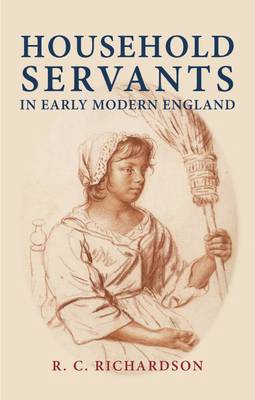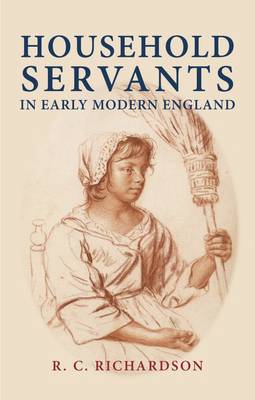
- Afhalen na 1 uur in een winkel met voorraad
- Gratis thuislevering in België vanaf € 30
- Ruim aanbod met 7 miljoen producten
- Afhalen na 1 uur in een winkel met voorraad
- Gratis thuislevering in België vanaf € 30
- Ruim aanbod met 7 miljoen producten
Zoeken
Omschrijving
This lively socio-cultural history examines household service, one of the largest, multi-layered, mobile and most indispensable sectors of employment in early modern England. Drawing on a wide variety of cultural sources including literary depiction and self-representation, this study to brings into sharp focus individual life stories of Britain's servant class. Exploring the relationships between servants and between employers and servants; it depicts the differences between patterns of employment in London and the provinces, and the juxtaposition of servant vulnerability and servant 'power'. This book places new importance on the household servant as a major agent in cultural change and makes a significant contribution to our understanding of servitude in London and the provinces in the two centuries following the Reformation.
Specificaties
Betrokkenen
- Auteur(s):
- Uitgeverij:
Inhoud
- Aantal bladzijden:
- 272
- Taal:
- Engels
Eigenschappen
- Productcode (EAN):
- 9780719068959
- Verschijningsdatum:
- 1/05/2010
- Uitvoering:
- Paperback
- Formaat:
- Trade paperback (VS)
- Afmetingen:
- 137 mm x 213 mm
- Gewicht:
- 340 g

Alleen bij Standaard Boekhandel
+ 68 punten op je klantenkaart van Standaard Boekhandel
Beoordelingen
We publiceren alleen reviews die voldoen aan de voorwaarden voor reviews. Bekijk onze voorwaarden voor reviews.











